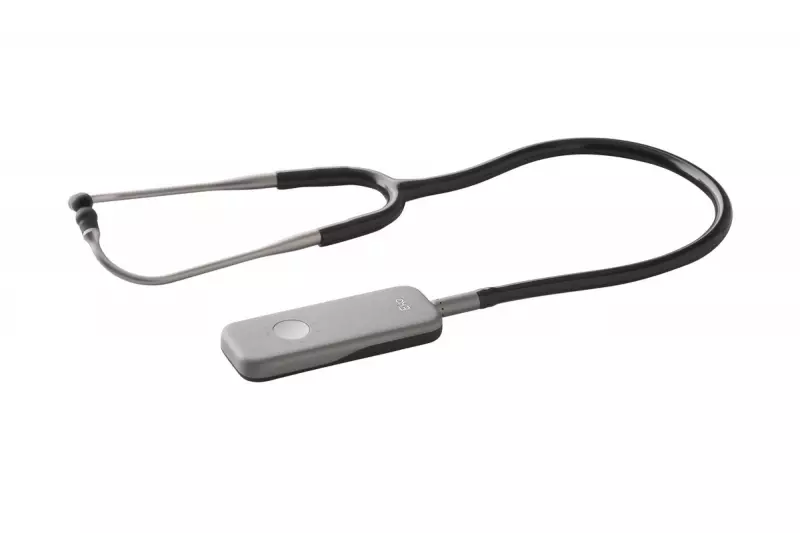
In a medical breakthrough set to transform cardiac care, scientists from Imperial College London have developed a revolutionary stethoscope enhanced with artificial intelligence that can detect heart failure within seconds.
The device, which records heart rhythms and analyses them through sophisticated AI algorithms, demonstrated remarkable 91% accuracy in identifying heart failure during clinical trials. This non-invasive technology could be deployed in GP surgeries and community clinics, providing almost instantaneous diagnoses that traditionally require hospital visits and lengthy testing.
The Technology Behind the Breakthrough
The innovative system works by recording an electrocardiogram (ECG) through the stethoscope's sensors. The AI then processes this data to identify subtle patterns and abnormalities indicative of heart failure – something even experienced cardiologists might miss with conventional stethoscopes.
Professor Nicholas Peters, the senior author of the research, emphasised the significance: "This technology has the potential to prevent countless unnecessary hospital admissions and ensure patients receive the right treatment faster than ever before."
Transforming Patient Outcomes
Heart failure affects approximately one million people in the UK, with early detection being crucial for effective treatment. Current diagnostic methods often involve blood tests, ultrasound scans, and specialist referrals – processes that can take weeks while patients remain in limbo.
The AI stethoscope could eliminate these delays, allowing GPs to make accurate assessments during routine appointments. This is particularly vital for elderly patients and those in rural areas who face greater challenges accessing specialist cardiac care.
Future Implementation and Impact
The research team anticipates the technology could be integrated into the NHS within the next few years, potentially becoming standard equipment in every GP practice. The device's simplicity means healthcare staff could be trained to use it effectively with minimal instruction.
This development represents the latest advancement in Britain's growing health tech sector, positioning the UK at the forefront of medical innovation. As AI continues to transform healthcare diagnostics, patients across the country stand to benefit from faster, more accurate and accessible medical assessments.





